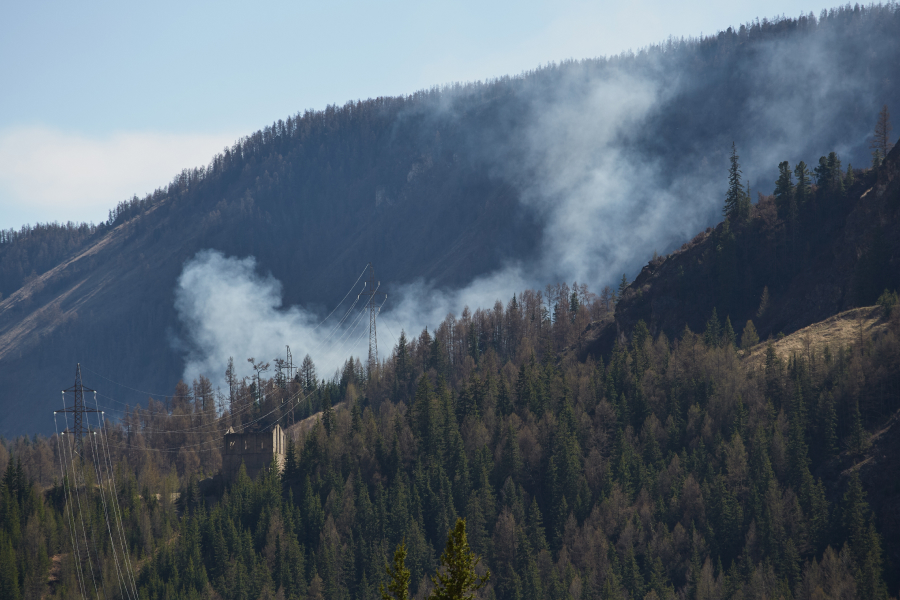The scourge of plastic waste contaminating the world’s seas, rural areas and urban spaces is familiar to everyone.
More than 800,000 tonnes of plastic are thrown away every day around the world, including plastic drink bottles, plastic bags, packaging products and discarded food wrappers. This waste blights towns, beaches, rivers and oceans, damaging wildlife and creating huge logistical issues for those charged with clearing it all up.
Efforts to educate consumers and retailers on how to responsibly dispose of plastic waste have been ramped up in recent years, and recycling – and reuse – programs have rolled out around the world, with varying degrees of success.
Thanks to the work of campaigning groups and savvy brand owners, new and innovative ways of dealing with plastic waste are becoming well-publicised, with top-of-the-range clothing lines and market-leading trainers made using such recycled material.
Recycled Plastic Roads
While transforming recycled plastic into clothes and footwear is a marketing executive’s dream campaign, there are some less obvious places where such waste material ends up: roads.
The practice appears to have started in India around 20 years ago, with local workers using melted waste plastic to carry out short-term repairs to potholes on some of the country’s highways.
Companies in the UK, the United States and Europe have been quick to latch onto the idea, using their own technologies to convert plastic waste into a product that can bulk up road surface materials, particularly bitumen – the black molten material that goes into asphalt and holds a road surface together when it is laid.
One of the most active of these firms in the UK is MacRebur. Headquartered in Lockerbie, Scotland, the company since 2016 has been helping local authorities across the UK and in Europe lay sections of road that are long-lasting and robust, and which divert significant amounts of plastic waste that would otherwise have gone to landfill or been incinerated.
The group says that each kilometre of recycled plastic road laid using its products consumes the equivalent weight of 684,000 bottles or 1.8 million one-time-use plastic bags.
Spreading the Word
MacRebur has worked with a number of local councils on roads that needed resurfacing where it used its plastic waste-sourced material. In 2017, in Dumfries & Galloway in southwest Scotland, it worked with asphalt manufacturers and surfacing contractors to help resurface a 900-metre stretch of the A709.
Further afield, in 2018 in the Netherlands’ city of Dwolle, a company called Plastic Road created a 30m stretch of cycle path from modular sections, which contain waste plastic equating to 218,000 plastic cups or half a million plastic bottle caps.
Meanwhile, in the USA, a firm called Technisoil also uses melted-down plastic waste as a form of bulking agent for bitumen, claiming the result is between two and three times longer-lasting than standard bitumen, as well as being more flexible and forgiving than standard concrete.
Technisoil also said it uses approximately 2,300 kg of recycled PET plastic per mile on a two-lane road, the equivalent of around 395,000 plastic bottles.
Just as there are those who warn that clothes made from waste plastic aren’t the solution to the pollution problem, there are also concerns in some quarters that using plastic waste in revamped paths and carriageways is simply storing up a heap of trouble further down the line, thanks to the creation of microplastics, which could escape the surface material as the carriageway wears down through constant use.
A Micro Problem?
It is a potential problem that many around the world are aware of. A report on plastics being used in road building published by Austroads, the body that represents transport agencies in Australia and New Zealand, said that since the use of recycled plastic roads in the region remained relatively new, more work was needed to assess the environmental impacts.
‘In the interim it would be sensible for precautionary measures to be applied until sufficient research has been undertaken to show that road projects using recycled plastics in their different forms will not result in microplastic pollution in waterways’, the report said.
Companies like MacRebur reject the suggestion that the products they have developed go on to create microplastics that could eventually leak into the environment.
‘There are no microplastics present in MacRebur roads – and we’ve carried out independent testing to make sure. That’s because we use plastic as a binder, so it melts to create a sticky substance without leaving behind any troublesome particles.’
Such reassurances may not calm the nerves of concerned environmentalists. That said, using waste plastic in things like roads – and clothes and shoes and other goods – is infinitely better than burning the stuff or dumping it in a huge hole in the ground.
Clearly plastic needs to play less of a part in our daily lives than is currently the case. But recycling and transforming waste material into something useful – as the likes of MacRebur and others are doing – is very much a step in the right direction of reducing its impact on the world around us.












